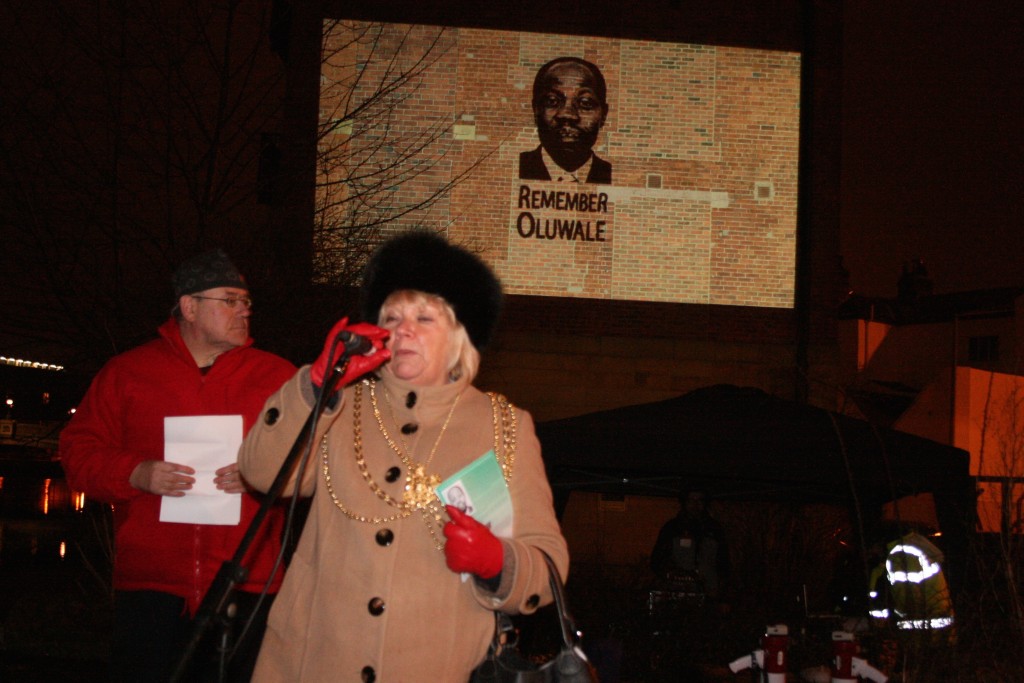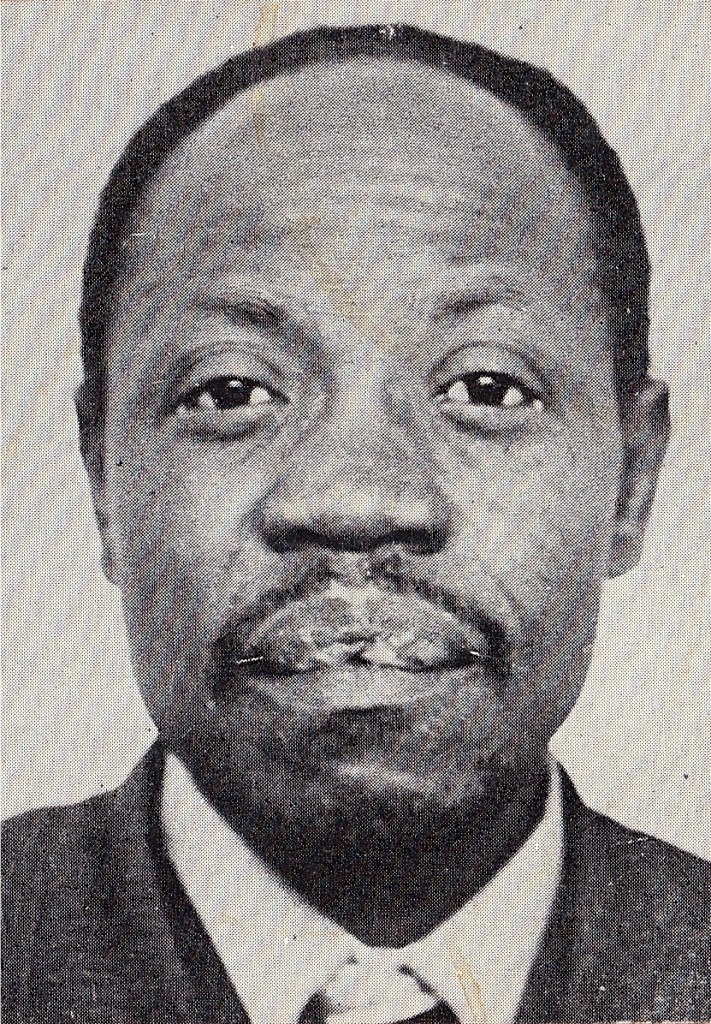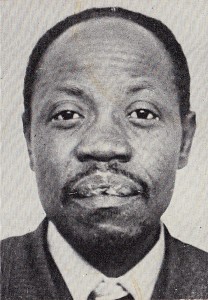In advance of the Oluwale Partnership Symposium being held at Leeds Beckett University on Friday 17th April, Ian Duhig remembers how he first came to hear about David Oluwale’s story and the mark it left on him.
When I first came to Leeds in 1974, the first job I got was in the materials warehouse in the basement of Hepworths on Claypit Lane. It was simple labouring: finding bolts of cloth as requested by the creatives upstairs but in our own good time — the storage system was located only in the heads of a few older staff members who may have suffered bouts of diplomatic amnesia if not asked nicely enough where such-and-such a dogtooth check might be found. They resisted all efforts by management to chart the stock and it was an early lesson to me in Leeds about the importance of remembering.
The Head of Security would sometimes come down and stumble about on the pretext of seeing if some of what was wanted had been stolen. A particular venom was reserved for this man by my colleagues, who might hiss after him as he wandered in the maze of shelves helplessly, more so than the normal contempt displayed for people who got paid more than us for work perceived as easier. I asked why one day and was told that this man was ex-PC Kenneth Kitching, sentenced along with his Inspector, Geoff Ellerker to gaol after a campaign of brutal persecution of a homeless Nigerian Empire migrant, David Oluwale which immediately preceded Oluwale’s death in 1969. Kitching, however, was only convicted on two counts of assault, served his time in a soft open nick and walked into his even softer Hepworths job on his release. My colleagues weren’t going to forget this either.
Oluwale’s story haunted me and after I finished my degree at Leeds University, it played a part in my decision to work with homeless people, which I did for fifteen years before redundancy encouraged me to become a full-time writer and teacher of writing. However, it was not until all the police paperwork was declassified under the thirty-year rule and the case written up by Kester Aspden in his The Hounding of David Oluwale (2007) that the full story became available.
A campaign was initiated for a memorial to Oluwale which has broadened out to highlight broader issues of social exclusion, and that is the background to the all-day Oluwale Partnership Symposium being held at Leeds Beckett University on Friday 17th April. From the beginning, this campaign has been marked by the involvement of writers; the reprint of Aspden’s book, a well-written award-winning work itself, contained a poem and brief memoir I wrote about the whole sorry affair and Oladipo Agboluaje turned Aspden’s book into a brilliant play with the same name that toured nationally. Caryl Phillips’ Foreigners included Oluwale; the Guardian review of this book noted “Oluwale’s is the most haunting…The graffiti on a Leeds wall that reverberates through the story — ‘Remember Oluwale’ — will prove impossible to disregard.”
How Oluwale has been remembered over the years in the face of a general erasure of his story from the common consciousness has been surprising: as well as graffiti, it includes football chants such as You shouldn’t trust a copper if your name’s Oluwale and you can’t find your way home. A number of poets reading at the Symposium, including Seni Seniveratene, Michelle Scally Clarke, SaimuRai and I, will be doing this in different ways. I don’t know what the best way to write about such injustice as Oluwale suffered is; I tried several in my last book Pandorama. But I do know that the right answer is not to remain silent.

You can read more about Ian Duhig here and follow him on Twitter.
You can follow the RememberOluwale campaign on Twitter.



